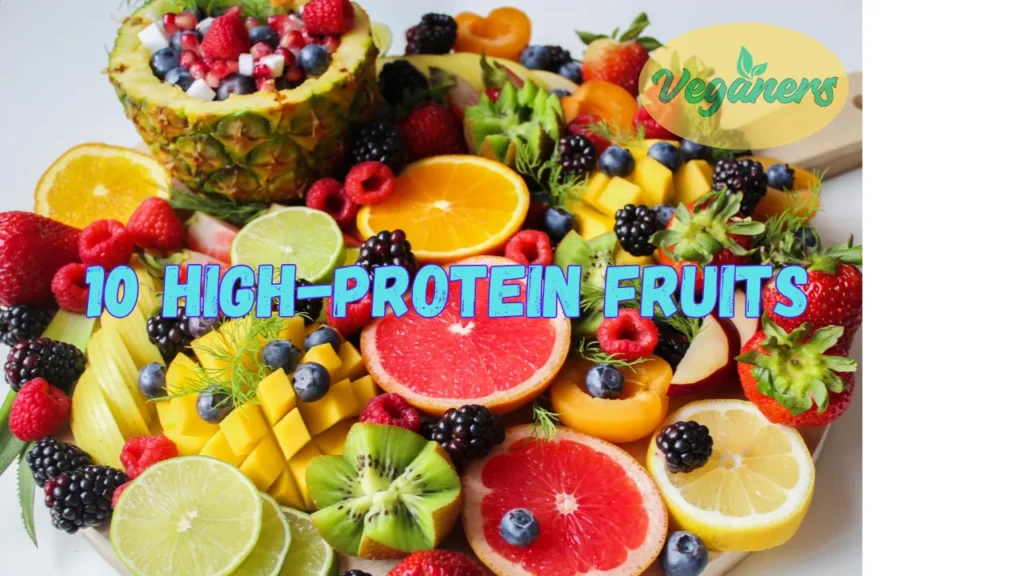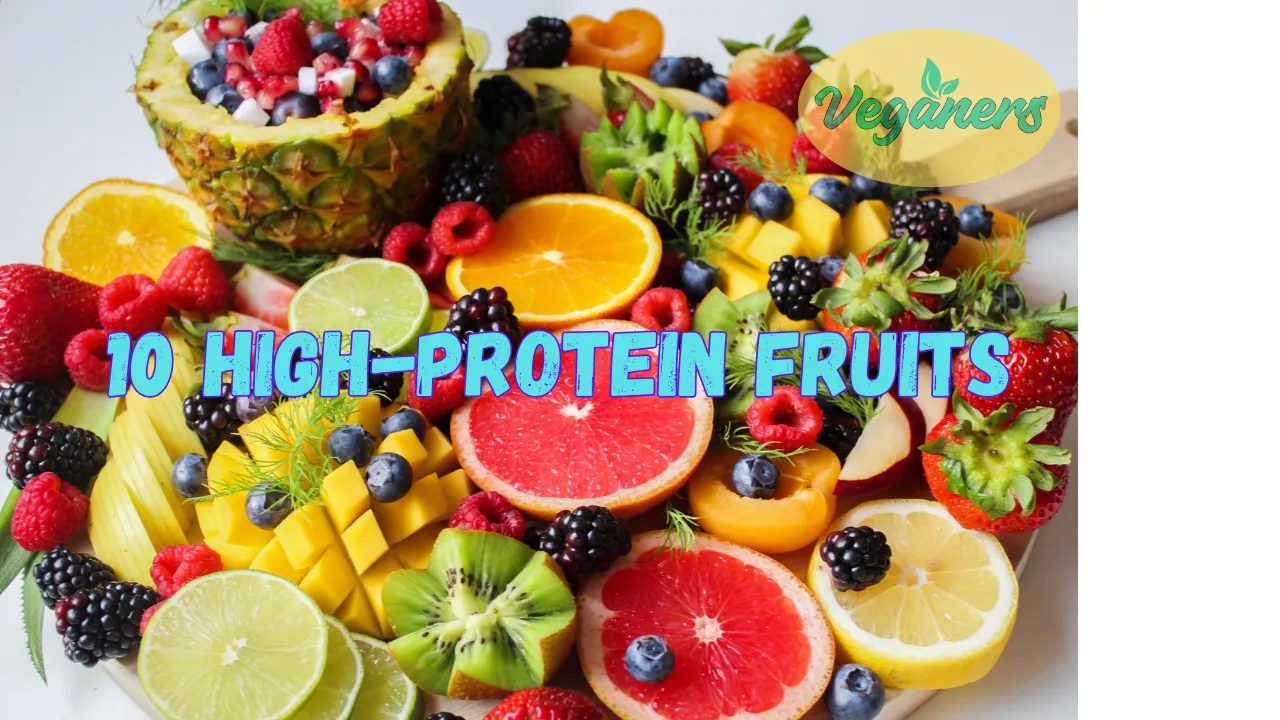When it comes to dietary plans, protein often takes center stage, especially for those looking to build muscle, lose weight, or maintain a healthy lifestyle. While most people turn to meat, nuts, and legumes for their protein needs, fruits are often overlooked as valuable protein sources. This guide explores the top 10 high-protein fruits you should consider adding to your diet.
Why Add High-Protein Fruits to Your Diet?
Fruits are not only delicious and nutritious but also provide a unique combination of vitamins, minerals, fiber, and antioxidants. Incorporating high-protein fruits into your diet can be beneficial in numerous ways:
- Aid in muscle repair and growth
- Enhance metabolism
- Keep you full longer, supporting weight management
- Provide natural sweetness without added sugars
- Improve skin and hair health through added minerals
The Top 10 High-Protein Fruits
1. Guava
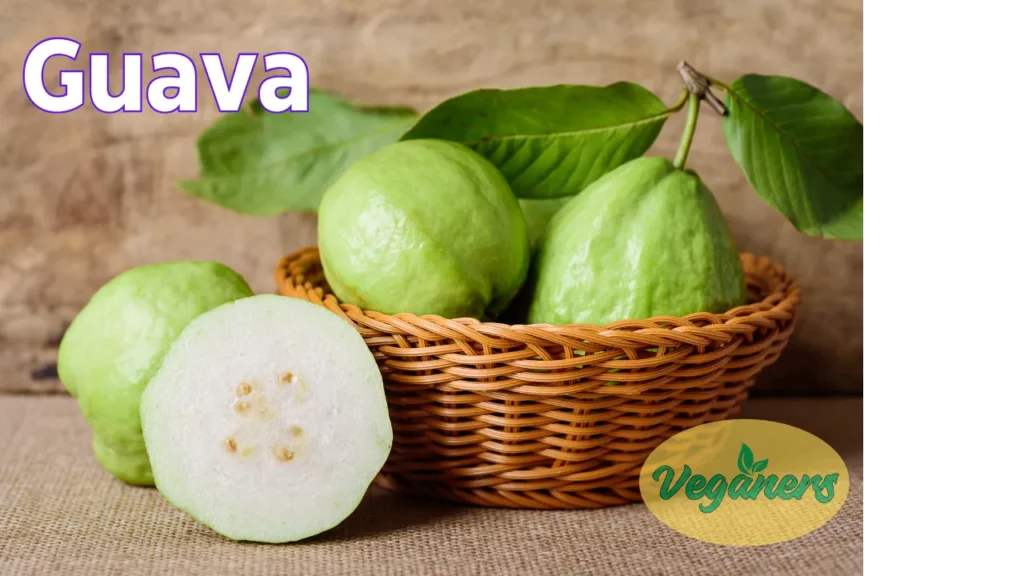
Guava is a powerhouse fruit that boasts about 4.2 grams of protein per cup. Rich in vitamin C and dietary fiber, it helps boost your immune system and aids digestion. Enjoy it sliced, in smoothies, or as a sweet addition to salads.
2. Avocado
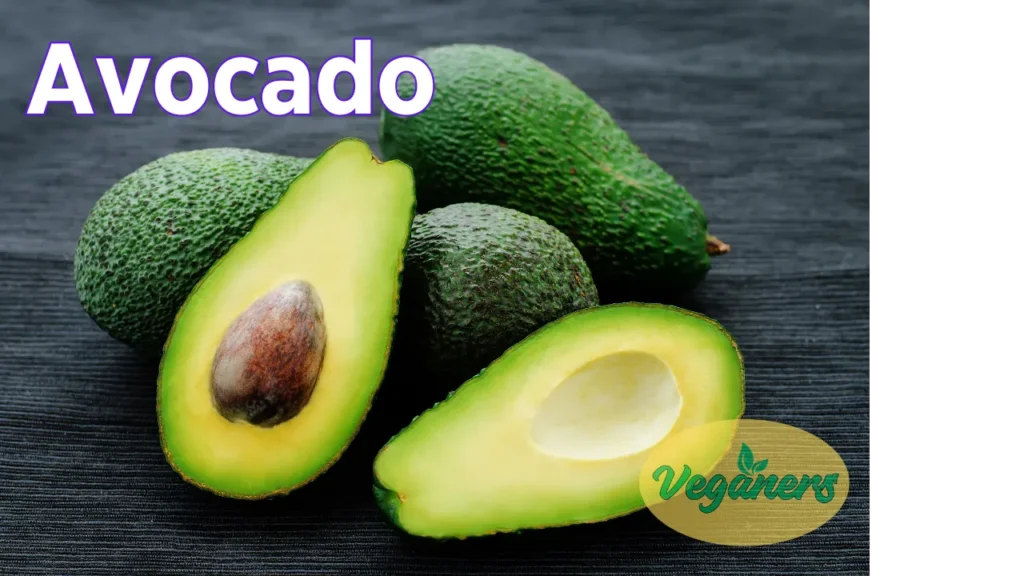
A beloved choice for many, avocado contains approximately 3 grams of protein per cup. Also high in healthy fats, avocados are versatile, making them perfect for toast, guacamole, or salads.
3. Jackfruit
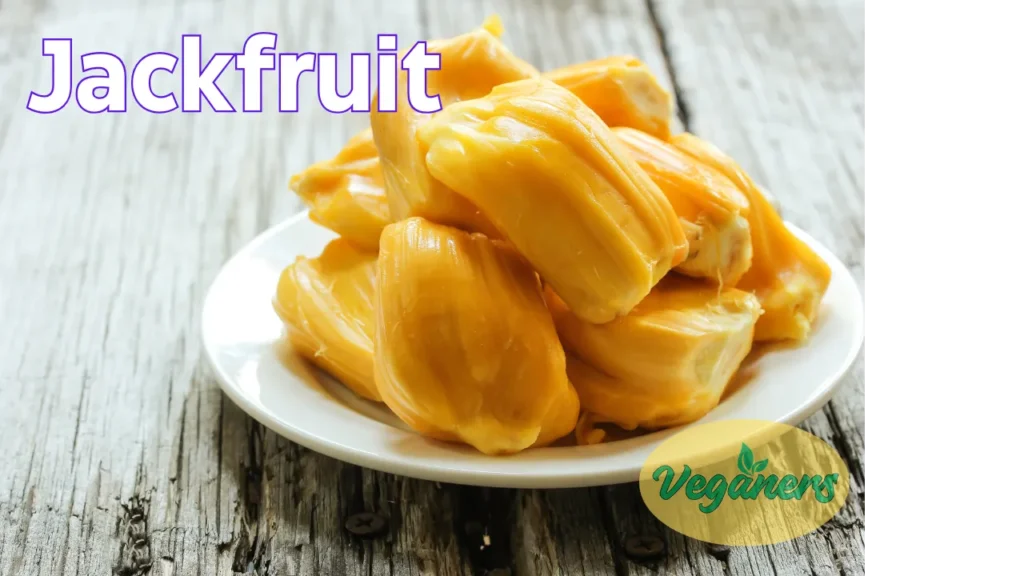
Jackfruit offers around 2.8 grams of protein per cup, making it a protein-rich staple in many tropical and vegan diets. Its meat-like texture is great for savory dishes, like tacos or curries.
4. Blackberries
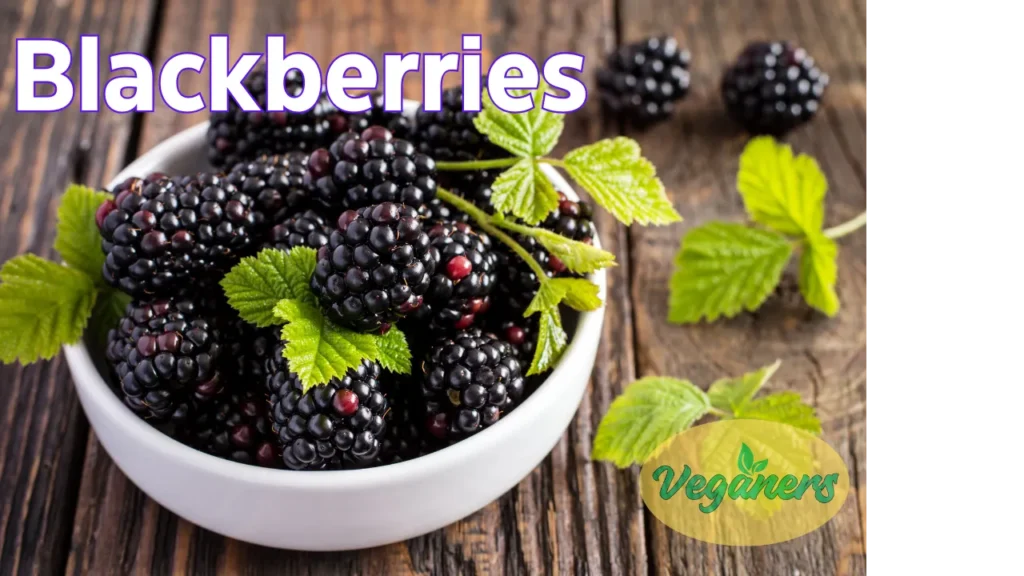
For a berry option, blackberries provide about 2 grams of protein per cup. They’re a great addition to yogurt, smoothies, or just enjoyed fresh as a snack.
5. Mulberries
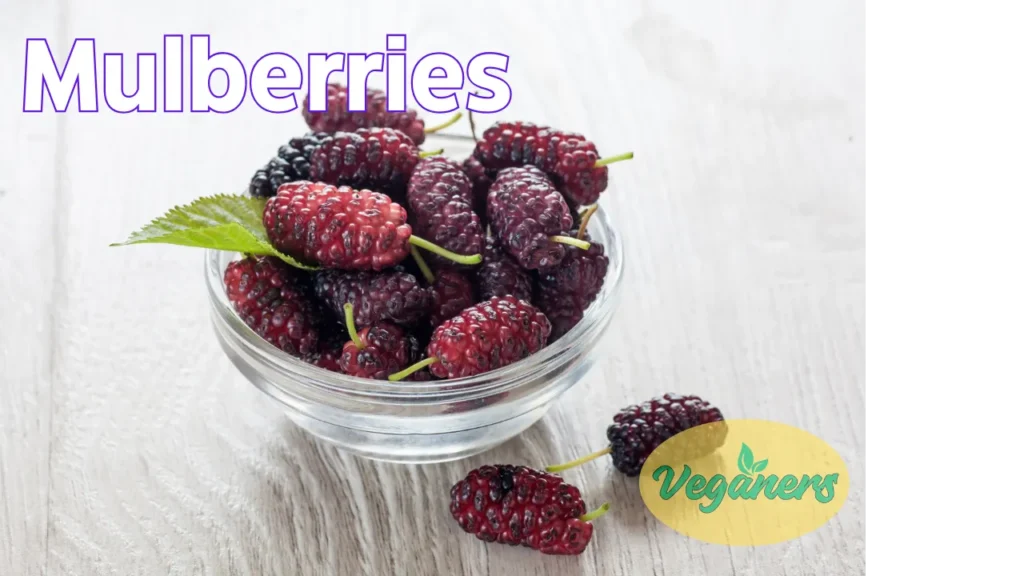
Mulberries are a lesser-known fruit that packs 2 grams of protein per cup. Often found as dried fruit, they add a delightful sweetness and impressive nutrition to cereals, and cookies, or eaten alone as a snack.
6. Pomegranate
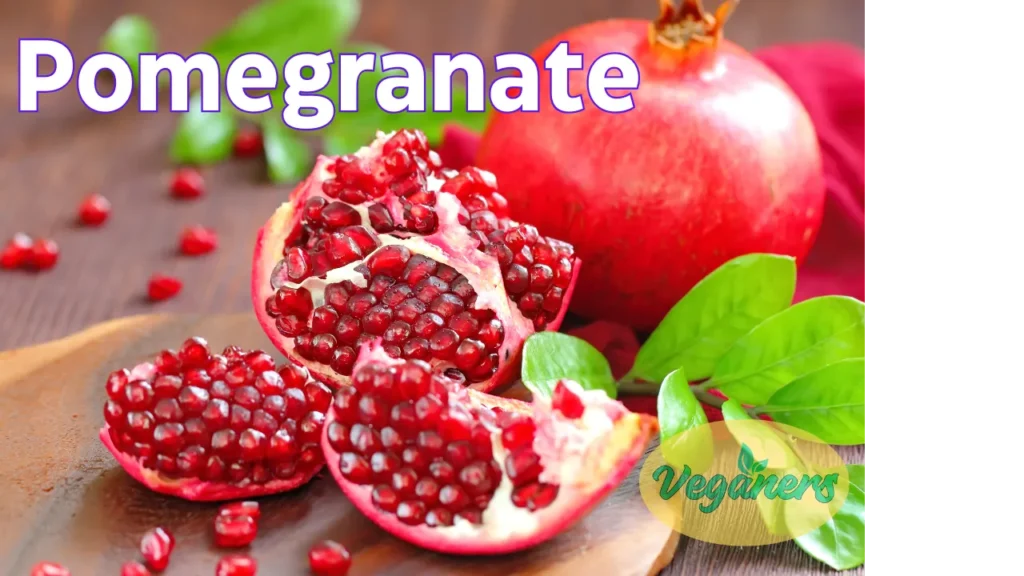
Pomegranates are not just bursting with flavor but also deliver 1.67 grams of protein per cup. Their juicy seeds are great in salads, yogurt, or blended into juices.
7. Bananas
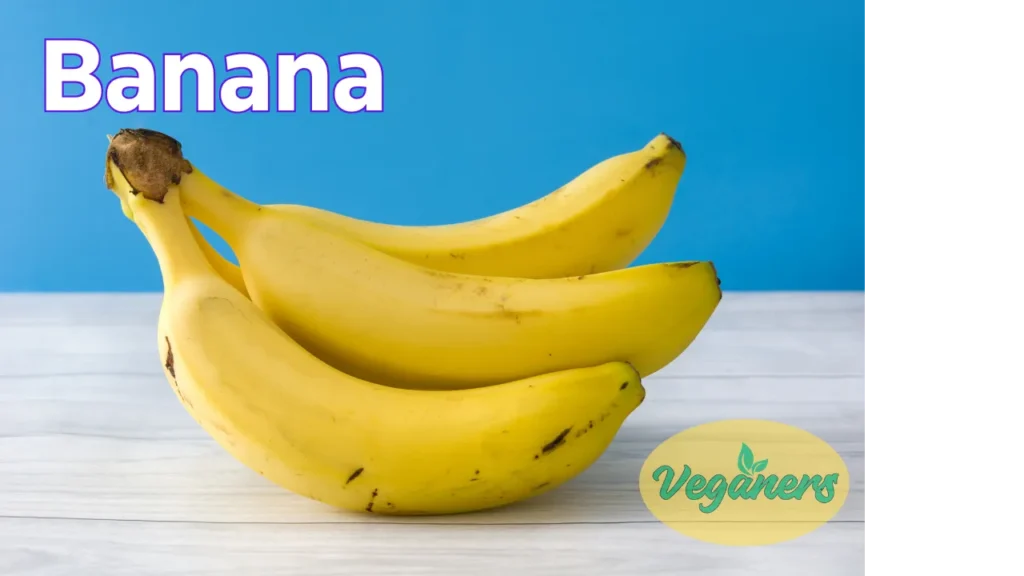
While bananas are famed for their potassium content, they also provide approximately 1.3 grams of protein per cup. Ideal for baking, smoothies, or eating on the go, bananas are a year-round dietary staple.
8. Raisins
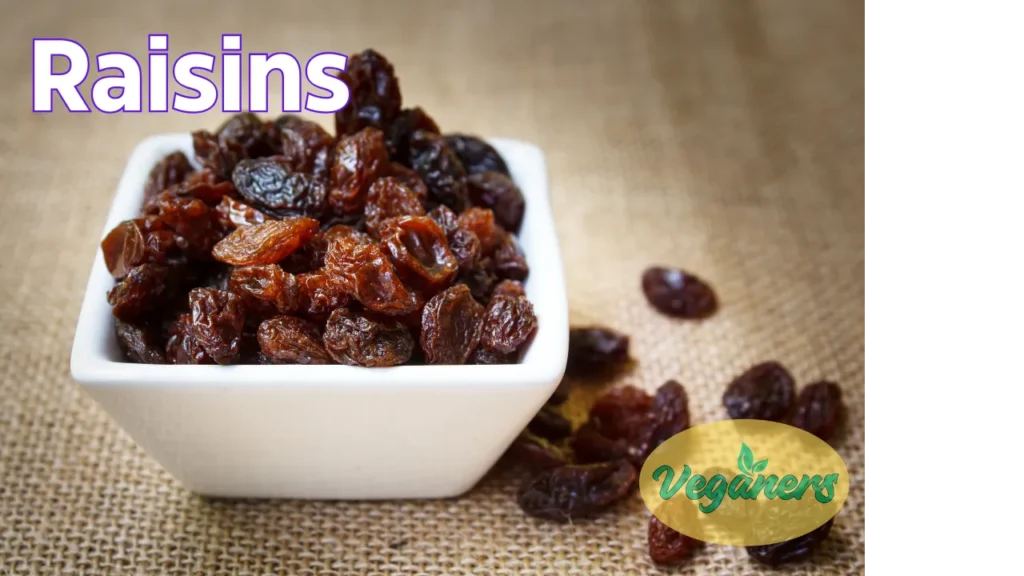
As a concentrated source of nutrients, raisins offer about 1 gram of protein in a small 1/2 cup, making them perfect for snacking or adding to oatmeal, trail mix, or baked goods.
9. Apricots
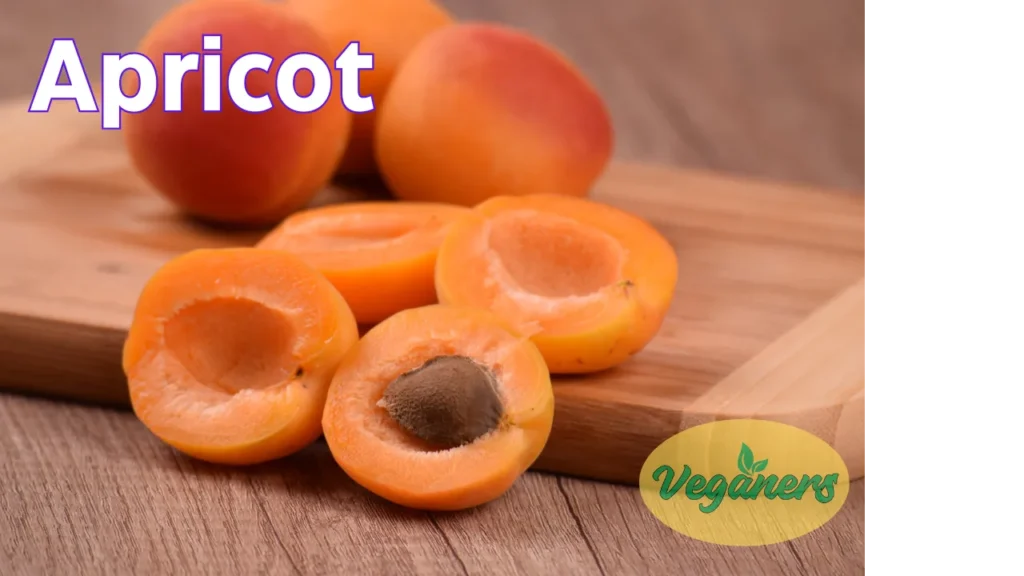
Apricots, particularly when dried, offer 1.4 grams of protein per cup. Sweet and succulent, they are a tasty addition to salads, cereals, or enjoyed alone.
10. Oranges
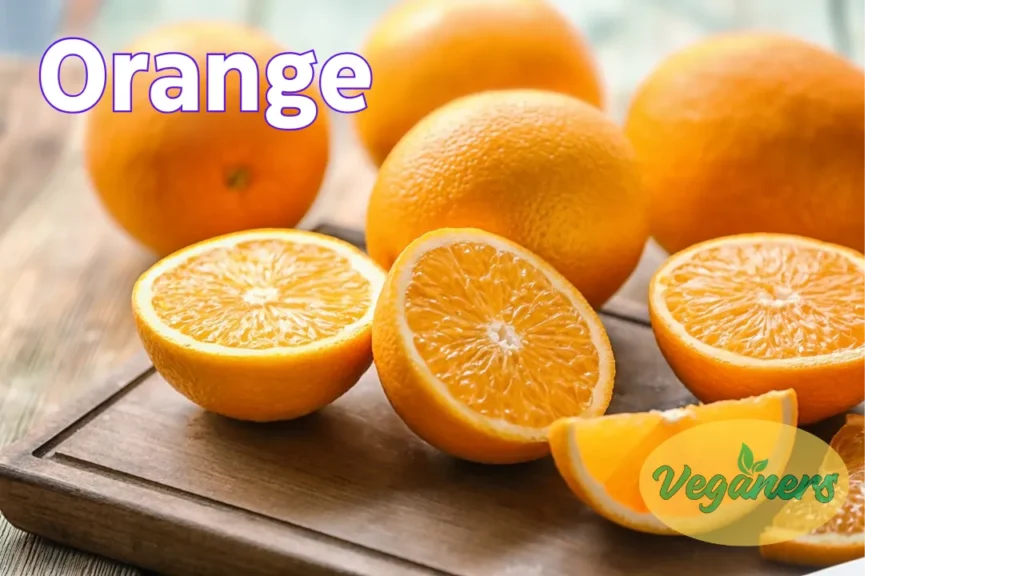
Our list concludes with oranges, offering around 1.2 grams of protein per cup. Not only are they packed with vitamin C, but their natural sweetness brings an energetic start to your day in juice or alongside breakfast.
Incorporating High-Protein Fruits into Your Diet
To maximize the benefits of these protein-packed fruits in your diet, consider the following tips:
- Smoothie Boost: Start your day with a smoothie that combines multiple high-protein fruits, like guava, blackberries, and bananas. Blend with yogurt or a handful of nuts to further increase the protein content.
- Salad Enhancer: Add fruits like pomegranate seeds, avocado slices, or apricots to your salads. They not only provide protein but also add a burst of flavor and texture that complements greens well.
- Snack Smart: Keep dried fruits like raisins, mulberries, or apricots on hand for a quick protein-rich snack. Their natural sweetness and chewy texture can satisfy cravings and keep you energized.
- Dessert Upgrade: Swap high-sugar desserts for a fruit bowl with guava, blackberries, and oranges. Top with a dollop of Greek yogurt or a sprinkle of chia seeds for a delicious, protein-packed dessert.
- Meal Additions: Use jackfruit as a meat substitute in savory dishes, such as tacos, stir-fries, or curries. This can provide a plant-based protein boost and a hearty texture.
- Bake with Fruit: Incorporate high-protein fruits like bananas and raisins into baked goods like muffins, oatmeal bars, and bread. This is an easy way to make treats healthier and more filling.
The Nutritional Edge of High-Protein Fruits
Incorporating high-protein fruits into your meals offers more than just added protein. These fruits also bring a host of other nutrients that support your overall health, including vitamins, antioxidants, and fiber. Unlike processed snacks or protein bars, fruits are a clean, natural source of energy, making them ideal for those looking to enhance their nutrition without added sugars or artificial ingredients.
A Balanced Approach to Protein Intake
While fruits are a great addition to a high-protein diet, it’s essential to remember that they complement rather than replace other protein sources. Aim to create a balanced diet by including a variety of protein sources like lean meats, beans, dairy, nuts, and seeds. By diversifying your protein intake, you ensure your body gets all the essential amino acids and nutrients it needs to thrive.
Final Thoughts
Adding high-protein fruits to your diet is a delicious, nutritious way to enhance your meals and snacks. Not only do they help satisfy your sweet tooth, but they also offer a boost of vitamins, minerals, and fiber, supporting everything from muscle repair to skin health. Whether you’re blending them into smoothies, mixing them into salads, or simply enjoying them fresh, these high-protein fruits are a natural, tasty way to achieve a well-rounded, protein-rich diet.
